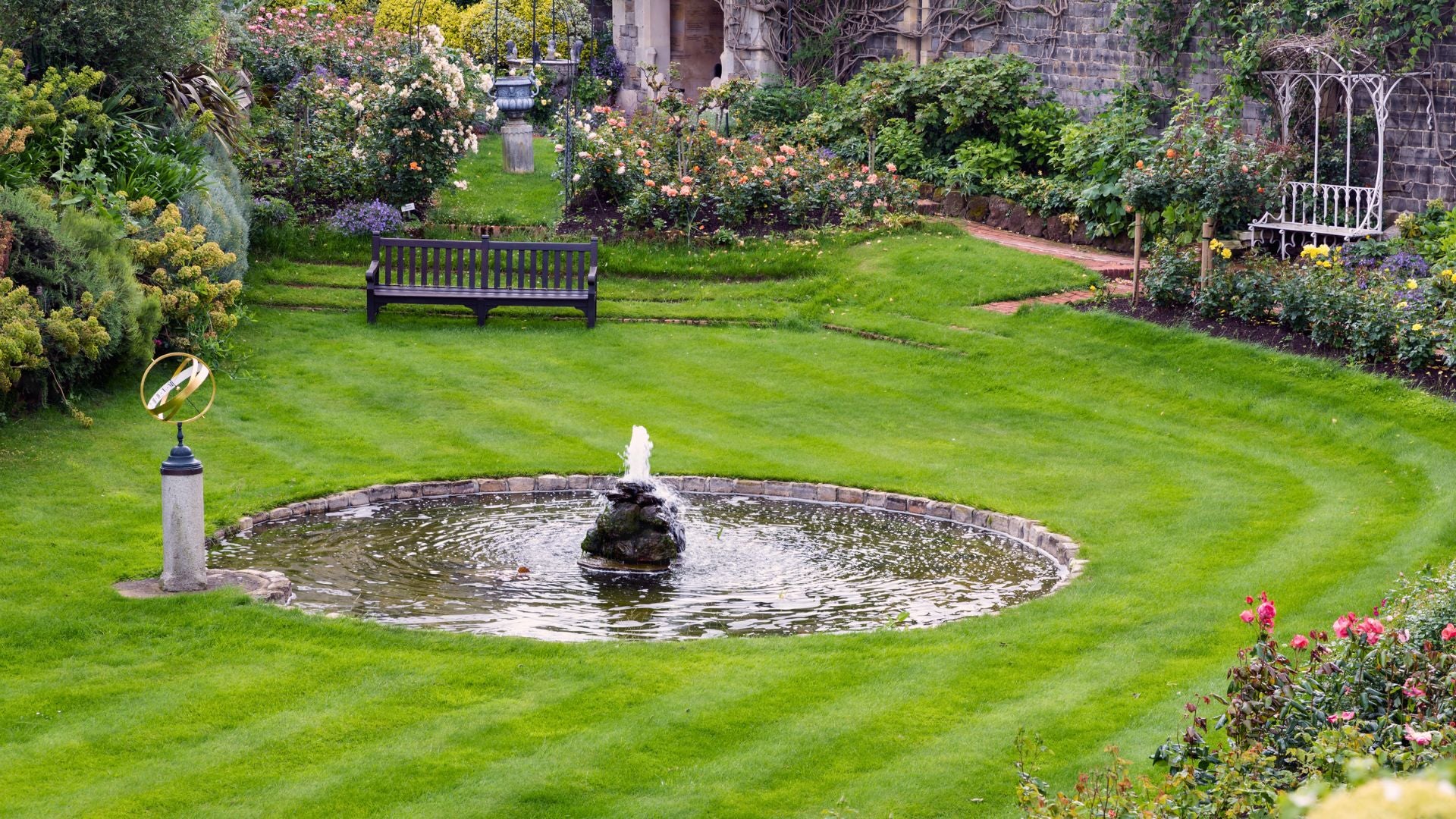Maximising Your Garden’s Potential
Posted on May 29 2024,

Your garden is a haven, a place to unwind and connect with nature. With the changing seasons, your garden evolves, offering opportunities to enhance its beauty and functionality. One of the most rewarding aspects of gardening is creating new plants from existing ones, essentially for free. This guide will explore various ways to maximise your garden's potential, ensuring it remains a source of joy and comfort throughout the year.
Understanding Perennial Plants
Perennial plants are an excellent choice for any garden. They return year after year, providing consistent beauty and structure. When selecting perennials, consider the conditions in which they thrive. Do they prefer shade or sun? Do they require well-drained soil? Following these guidelines will help your plants flourish. Additionally, providing nutrients can significantly impact their health. Use plant food in either pellet or liquid form. Pellets are convenient, requiring annual application, whereas liquid feeds need more frequent use but offer immediate benefits.
Creating a Vegetable Garden
Growing your own vegetables is a fulfilling way to use garden space. Research companion planting, which involves growing certain plants together to enhance growth and deter pests. For example, marigolds can repel nematodes and other pests from vegetable crops. This natural approach supports soil health and improves vegetable yield.
Seeding Wildflowers
Wildflowers add vibrant colour and attract beneficial insects like bees and butterflies. Scatter wildflower seeds in various spaces such as lawns, pots, tubs, and window boxes. These flowers not only beautify your garden but also provide food and habitat for birds. At the end of the flowering season, they offer natural foraging opportunities.
Propagation: Creating New Plants
One of the most gratifying gardening activities is plant propagation. Techniques such as taking cuttings, dividing perennials, and layering can help you expand your garden without purchasing new plants. For instance, take cuttings from healthy plants, place them in water or soil, and watch them grow. Dividing perennials involves splitting an established plant into several smaller ones, ensuring vigorous growth and more plants for your garden.
Seasonal Garden Care
Different seasons require different gardening tasks. In spring, focus on cleaning up after winter, planting new seeds, and feeding your plants. Summer is the time for regular watering, weeding, and monitoring for pests. In autumn, prepare your garden for winter by mulching, pruning, and planting bulbs for the next spring. Winter is a time for planning, maintaining garden equipment, and protecting plants from harsh weather.
Attracting Wildlife
A wildlife-friendly garden supports local ecosystems and enhances your garden experience. Provide food, water, and shelter to attract birds, bees, butterflies, and other beneficial creatures. Bird feeders, bee hotels, and butterfly-friendly plants like buddleia and lavender can create a thriving habitat. Ponds or water features can attract amphibians and other wildlife, adding another dimension to your garden.
Aesthetic Enhancements
Beyond functionality, aesthetics play a crucial role in garden enjoyment. Consider adding lighting to highlight features and create ambience in the evenings. Decorative rocks, garden art, and water features can enhance visual appeal. Think about the layout and how paths, seating areas, and plant groupings can create a cohesive, inviting space.
Maintaining Soil Health
Healthy soil is the foundation of a thriving garden. Regularly test your soil to understand its pH and nutrient levels. Add organic matter like compost to improve soil structure and fertility. Mulching helps retain moisture, suppress weeds, and regulate soil temperature. Avoid over-tilling, which can disrupt soil structure and harm beneficial organisms.
Sustainable Gardening Practices
Adopting sustainable practices ensures your garden remains vibrant and healthy for years to come. Use rainwater harvesting systems to reduce water usage. Implement composting to recycle garden waste and enrich the soil. Avoid chemical pesticides and fertilizers, opting for organic alternatives that are safer for the environment and wildlife.
Maximising your garden's potential involves a blend of practical and creative approaches. By understanding plant needs, creating a supportive environment, and adding aesthetic touches, you can enjoy a beautiful, functional garden year-round. Whether you’re propagating plants, growing vegetables, or attracting wildlife, each effort contributes to a richer, more rewarding garden experience. Start today and watch your garden thrive through every season.

